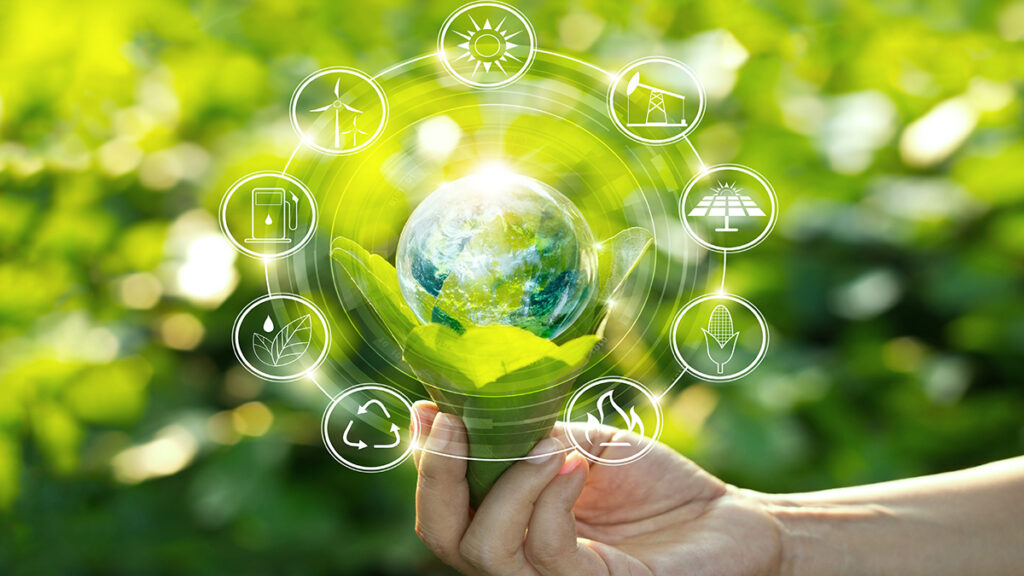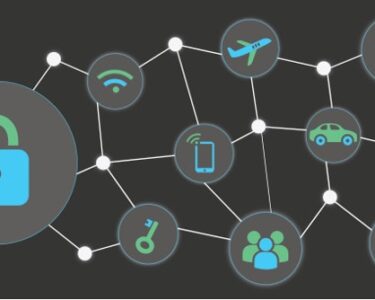
Green Technology: Paving the Way to a Sustainable Future
In the face of escalating environmental concerns, green technology has emerged as a beacon of hope. It encompasses innovative and eco-friendly solutions that address the challenges of climate change, resource depletion, and pollution. By harnessing the power of renewable energy, reducing waste, and promoting energy efficiency, green technology is transforming industries and empowering individuals to make a positive impact on the planet.
Renewable Energy: The Cornerstone of Sustainability
One of the most significant contributions of green technology is the development of renewable energy sources. Solar, wind, hydropower, and geothermal energy are clean alternatives to fossil fuels that do not emit harmful greenhouse gases. Solar panels convert sunlight into electricity, while wind turbines generate power from the kinetic energy of wind. Hydropower harness the force of falling water, and geothermal energy utilizes the heat from the Earth’s core. By transitioning to renewable energy, we can reduce our reliance on fossil fuels and mitigate the effects of climate change.
Resource Conservation: Protecting the Earth’s Treasures
Green technology also plays a crucial role in conserving precious resources. Advanced water purification systems, for example, ensure access to clean and safe drinking water by removing impurities and contaminants. Waste management and recycling programs reduce the amount of waste sent to landfills and help preserve natural resources. By implementing sustainable practices, we can protect the Earth’s ecosystems and ensure a healthy environment for future generations.
Energy Efficiency: Making the Most of Resources
Energy efficiency is another important aspect of green technology. Buildings and appliances designed to minimize energy consumption reduce our dependence on fossil fuels and lower greenhouse gas emissions. Energy-efficient lighting systems, smart thermostats, and home insulation can significantly reduce energy usage and utility bills. By adopting energy-saving measures, we can conserve valuable resources and contribute to a cleaner and greener planet.
Economic Benefits: A Win-Win Situation
The transition to green technology not only benefits the environment but also has positive economic implications. The development and implementation of renewable energy, resource conservation, and energy efficiency measures create new jobs and stimulate economic growth. Investments in green technology can lead to cost savings, improved energy security, and increased employment opportunities. By embracing sustainable solutions, businesses and consumers alike can create a sustainable and prosperous future.
Empowering Individuals: Making a Difference
Green technology empowers individuals to take action and make a meaningful contribution to environmental protection. By making conscious choices about transportation, energy consumption, and waste disposal, individuals can reduce their ecological footprint. Electric vehicles, public transportation, and ridesharing services reduce greenhouse gas emissions and promote cleaner air. By participating in recycling programs and using biodegradable products, individuals can minimize their waste and contribute to a circular economy.
Conclusion
Green technology is an indispensable tool in the fight against climate change and environmental degradation. By embracing renewable energy, conserving resources, and promoting energy efficiency, we can create a more sustainable future for ourselves and generations to come. Individuals, businesses, and governments must work together to accelerate the adoption of green technology and ensure a prosperous and environmentally friendly planet. The time for action is now. Let’s all play a role in paving the way to a sustainable future through the power of green technology.


